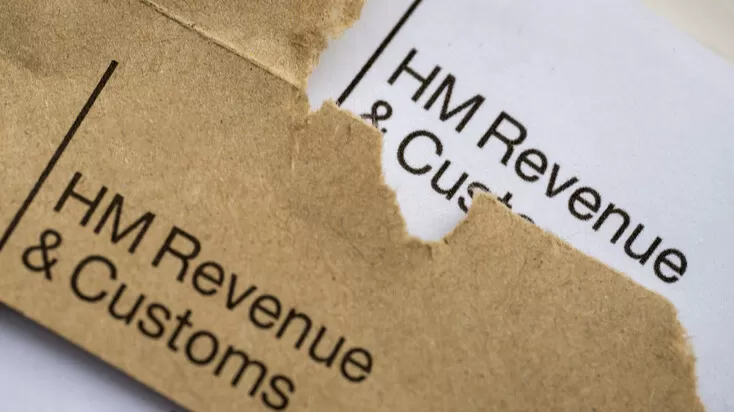As a small business owner in the UK, staying on top of tax regulations is crucial for the success of your business. With the introduction of Making Tax Digital for Income Tax in April 2026, it’s important to start preparing now to ensure a smooth transition. To help you navigate this change, we spoke with Chris Downing, a tax expert at Sage, who shares his insights and advice on the upcoming changes.
What is Making Tax Digital for Income Tax?
Making Tax Digital (MTD) is a government initiative aimed at modernizing the UK tax system and making it more efficient for individuals and businesses. It requires businesses to keep digital records of their income and expenses, and to submit their tax returns online using compatible software.
The first phase of MTD was introduced in April 2019 for VAT-registered businesses with a turnover above the VAT threshold. Now, the focus is shifting to income tax, with MTD for Income Tax set to come into effect in April 2026.
Why is MTD for Income Tax being introduced?
According to HMRC, the introduction of MTD for Income Tax aims to reduce errors and make it easier for individuals and businesses to get their tax right. By keeping digital records and using compatible software, businesses can avoid the mistakes that often occur when filing paper tax returns.
MTD for Income Tax will also provide businesses with real-time information, allowing them to better manage their finances and make more informed decisions.
What are the key changes businesses need to be aware of?
The main change with MTD for Income Tax is the requirement to keep digital records and submit tax returns online using compatible software. This means businesses will no longer be able to submit paper tax returns.
Additionally, businesses will need to use software that is compatible with HMRC’s systems. This software will need to be able to record and preserve digital records, calculate and submit tax returns, and communicate with HMRC.
How can businesses prepare for MTD for Income Tax?
The key to preparing for MTD for Income Tax is to start early and get organized. This means making sure your business records are up to date and accurate, and investing in compatible software if you haven’t already.
It’s also important to educate yourself and your team on the changes and how they will affect your business. This will help you to avoid any potential issues or mistakes when it comes time to submit your tax returns.
What are the benefits of MTD for Income Tax for small businesses?
While the changes may seem daunting, there are several benefits that MTD for Income Tax will bring to small businesses. By keeping digital records, businesses will have a better understanding of their finances and be able to make more informed decisions. This will also make it easier to identify any errors or discrepancies, reducing the risk of penalties from HMRC.
Additionally, the use of compatible software will streamline the tax filing process, saving businesses time and effort. This will allow business owners to focus on other important aspects of their business.
What advice do you have for businesses who are hesitant about MTD for Income Tax?
Change can be intimidating, especially when it comes to something as important as taxes. However, MTD for Income Tax is a step towards a more efficient and modernized tax system, and businesses should embrace this change rather than resist it.
My advice for businesses who are hesitant about MTD for Income Tax is to start preparing early and seek guidance from professionals if needed. With the right tools and knowledge, businesses can easily adapt to the new system and reap the benefits it brings.
In conclusion, MTD for Income Tax is a positive change that will bring many benefits to small businesses in the UK. By starting early and getting organized, businesses can ensure a smooth transition and avoid any potential issues. So, let’s embrace this change and get ready for its introduction in April 2026. For more information and updates on MTD for Income Tax, be sure to visit Small Business UK.

